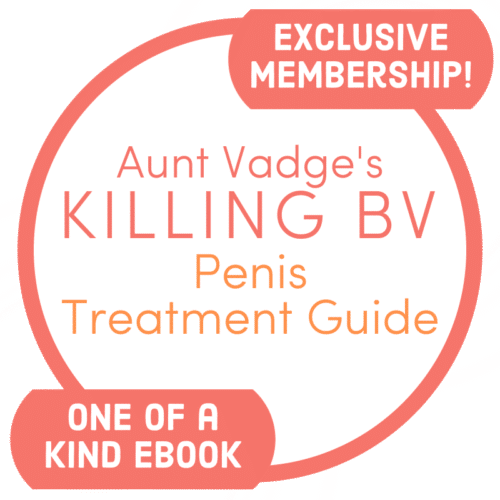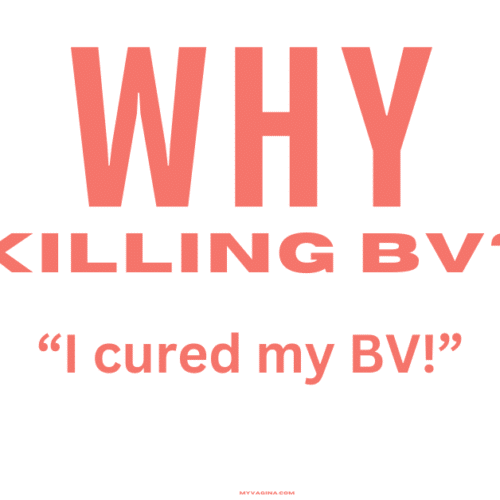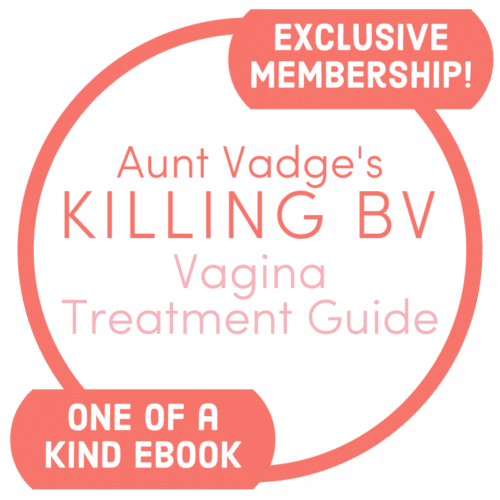-
×
 Killing BV System: Penis Treatment Guide and Membership
1 × USD $0.00
Killing BV System: Penis Treatment Guide and Membership
1 × USD $0.00
How your gut bacteria affect oestrogen
Your gut bacteria and oestrogen have much more to do with one another than you might think. Your gut bacteria regulate oestrogen metabolism, by producing enzymes that cause a cascade of reactions.
The key event in the digestive tract is the deconjugation of oestrogen, meaning the splitting apart of bonds, turning oestrogen from its inactive form into its active form.
We need hormones in both states – active and inactive – depending on what their task is.
Free, deconjugated oestrogen circulates in the bloodstream, where it is distributed throughout the body to find its target receptors. You can think of this as a lock and key mechanism. Circulating oestrogen is the key, while the lock, the receptor, remains fixed in tissue. A good example of where oestrogen receptors are aplenty is the vagina.
Without deconjugating – breaking apart – oestrogen properly, we can end up with far less oestrogen circulating than is optimal. Low levels of circulating, deconjugated oestrogen can lead to low oestrogen symptoms, such as a dry, easily irritated vagina (atrophic vaginitis).
The process of your gut bacteria turning oestrogen into a usable form is called the oestrobolome.
Why your bones need oestrogen
Oestrogen slows down a group of cells called osteoclasts, which break down bone. It is necessary for some bone to be taken away and replaced, but if you don’t have enough oestrogen, osteoclasts are more active, thus breaking down bone at a faster rate than it is replaced.
This bone-robbing process results in low bone density and strength.
The oral contraceptive pill is an example of a drug that results in a loss of bone at a faster rate than you would normally.
Some studies have found that a few different strains of probiotic bacteria, in certain circumstances, can increase bone formation, decrease bone reabsorption, and change the microstructure of bones. These studies were performed on Bifidobacterium longum, Lactobacillus helveticus, and L. reuteri.
Another study into breast health found that women who had a cancer-positive biopsy had far less diversity in their microbiome than the control group.
The study found that circulating oestrogen levels were not related to the composition of the microbiome, which led researchers to believe that the microbiome works independently of oestrogen, but not the other way around.
References
Baker JM, Al-Nakkash L, Herbst-Kralovetz MM. Estrogen-gut microbiome axis: Physiological and clinical implications. Maturitas.
Parvaneh K, Ebrahimi M, Sabran MR, et al. Probiotics (Bifidobacterium longum) Increase Bone Mass Density and Upregulate Sparc and Bmp-2 Genes in Rats with Bone Loss Resulting from Ovariectomy. Biomed Res Int. 2015;2015:897639.
Narva M, Collin M, Lamberg-Allardt C, et al. Effects of long-term intervention with Lactobacillus helveticus-fermented milk on bone mineral density and bone mineral content in growing rats. Ann Nutr Metab. 2004;48(4):228–234.
Goedert J, Jones G, Hua X, et al. Investigation of the association between the fecal microbiota and breast cancer in postmenopausal women: a population-based case-control pilot study. J Natl Cancer Inst. 2015 Aug;107(8):djv147.
REVAMPED!
USD $0.00 ex GST/VAT/TAX
USD $0.00 ex GST/VAT/TAX




